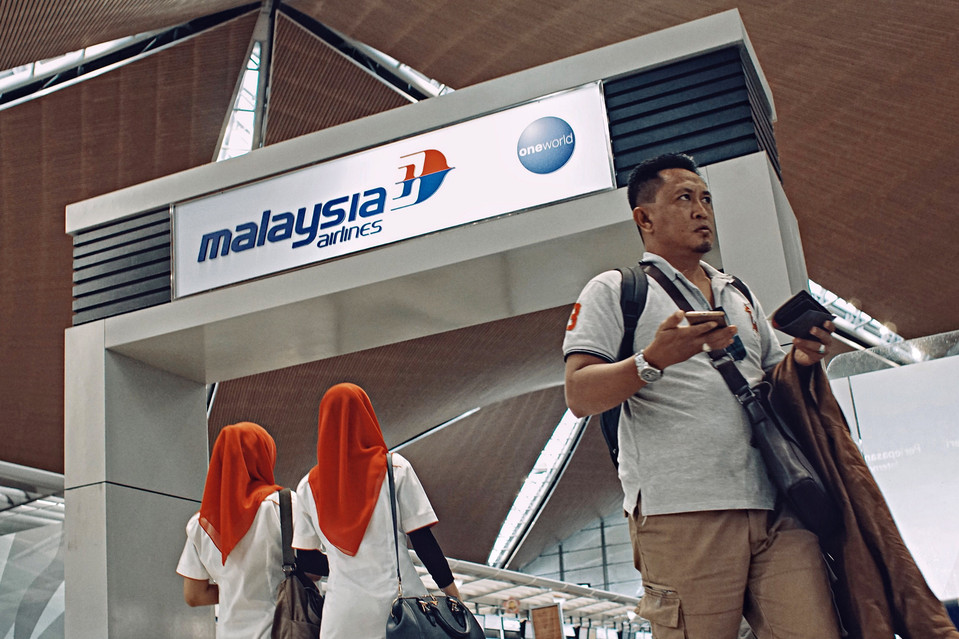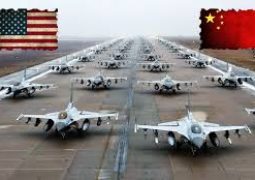Malaysia Airlines Is Back From the Brink, Three Years After Flight 370 Disaster

Malaysia Airlines, whose name became associated with two of aviation’s worst disasters in recent history, is winning back passengers.
The airline was bailed out by its majority shareholder, Malaysia’s state investment fund, after Flight 370 disappeared in the Indian Ocean and Flight 17 was shot down over Ukraine in 2014. Three years on, Malaysia Airlines is regaining its footing by aggressively courting business travelers and carrying out a restructuring that eliminated about 6,000 jobs and unprofitable long-haul routes.
The company even turned to some unconventional tactics: Business-class bookings have surged, the carrier says, since its chief executive sang and played the guitar for travel agents at a party.
Malaysia Airlines’ proportion of seats filled—known as the passenger load factor—rose to 81% in the fourth quarter from 70% in the year-ago period. The carrier doesn’t disclose details of its financial performance but said Wednesday that it lost roughly half as much money in 2016 than projected and that traffic grew 5% from the third quarter.

Malaysia Airlines struggled financially for years. It racked up losses, buffeted by high oil prices and competition from low-cost rivals such as AirAsia Bhd.
On March 8, 2014, Flight 370 disappeared en route from Kuala Lumpur to Beijing, with 239 people on board the Boeing 777.
Four months later, another Malaysia Airlines Boeing 777 was shot down over Ukraine, killing 298 people. The carrier’s majority owner, sovereign-wealth fund Khazanah Nasional Bhd., took it private later that year in a $430 million bailout.
“Malaysia Airlines was not on a sustainable path,” said Brendan Sobie, an analyst at CAPA-Center for Aviation. “They needed a recovery plan even without the disasters.”
Christoph Mueller took over as chief executive in May 2015 and declared the airline technically bankrupt. Mr. Mueller departed in mid-2016, citing personal reasons, barely a year into a three-year term. He didn’t respond to an email seeking comment.
Peter Bellew, the current CEO, said in an interview that there had been discussions as late as May last year about changing the airline’s name and logo, as some analysts had urged.
Bookings had slumped, the airline said, especially from China, whose nationals accounted for the bulk of passengers on Flight 370.
Advertising goof-ups, including a contest soliciting “bucket lists” from customers, didn’t help. The airline was criticized for invoking these lists, which are used to catalog goals to achieve before dying, after its back-to-back disasters.
Eventually, Mr. Bellew said, the airline decided to promote its existing brand in a “very retro, very old-fashioned way,” such as using full-page newspaper advertisements showing cabin crew wearing kebayas, a type of traditional clothing.
“We can’t run away from what happened,” he said. “It’s an awful tragedy and it will be with us forever.”
The carrier cut most long-haul routes, including those to Paris, Frankfurt and Amsterdam, where Flight 17 originated. Instead, it is focusing on Asia, especially China and India, where several routes are consistently selling out, Mr. Bellew said.
For several years previously, Malaysia Airlines had bypassed travel agents by offering its cheapest fares online. But the company learned that approach didn’t go over well with its premium passengers, Mr. Bellew said.
The CEO got personally involved in a public mea culpa in an effort to win back ticket sales. Mr. Bellew spent several weeks meeting with travel agents and apologizing for ignoring them. In July, the airline threw a party for agents in Kuala Lumpur where Mr. Bellew, dressed in a batik shirt, turned entertainer and performed Johnny Cash and Elvis Presley songs.
“They were forced to listen to me singing and playing the guitar,” he said. “I promised, if they didn’t increase their sales, I would inflict [this] on them on a regular basis.”
Business-class bookings for the next six months are more than double that of the comparable year-ago period, with most coming from agents, he said.
As part of Malaysia Airlines’ goal of returning to annual profit by 2018, ahead of a relisting in 2019, it plans to transfer its Airbus A380s to a new airline that will tap the Muslim religious-travel market.
A lot could still go wrong. While the state investment fund’s largess helped prop up the airline, its ownership presents risks. In the 1990s, the government forced Malaysia Airlines to start unprofitable flights to South America as part of Kuala Lumpur’s efforts to deepen diplomatic ties.
“Governments tend to be quite bad at running a profitable airline,” said Greg Waldron, Asia managing editor for FlightGlobal, an industry publisher.
Khazanah declined to comment.
Malaysia Airlines faces intense competition: AirAsia and Malindo Air, two low-cost rivals, are together planning to take delivery of about 30 new planes this year. And a weak Malaysian ringgit warrants a cautious forecast for 2017, the airline said last week. A weak ringgit pushes up the cost of fuel, planes, spare parts and other expenses that are paid for in dollars.
Ultimately, people like Puttal Bamroongkij, a Thai-Swiss dual national and former restaurateur, will determine whether the airline gets on a sustainable course. Ms. Bamroongkij, who flew from Singapore to London with her husband recently, said she chose Malaysia Airlines because the business-class fare was similar to those of other carriers but didn’t involve a midnight layover in the Middle East.
“We didn’t think at all about the MH370 and MH17 disasters,” she said.
Ms. Bamroongkij, however, said she and her husband were underwhelmed by the service. Weeks later, they returned to Europe on an Etihad Airways flight.
- Previous Expelled N. Korea envoy in final verbal blast at Malaysia
- Next Miss Malaysia World Tatiana stripped of title
















